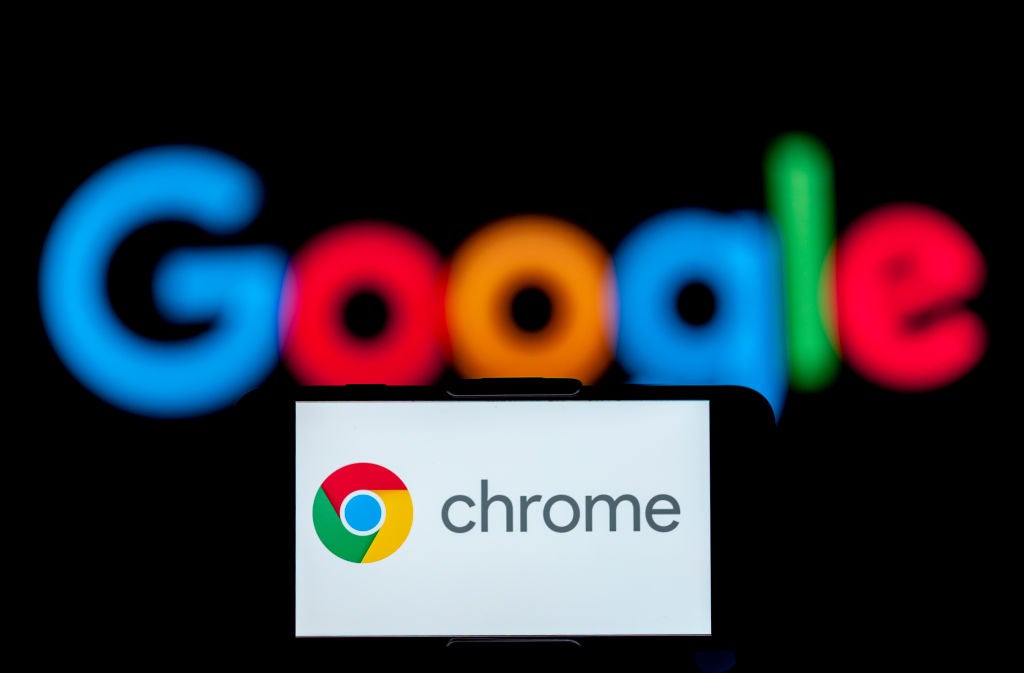
The EU announced on Monday (25 March) that it has opened an investigation into Apple, Alphabet and Meta in the first significant probe under its new Digital Markets Act (DMA) legislation.
The EU’s DMA has broad but strict rules which it says will make digital markets “more contestable” and “fairer”.
The commission said that it suspects the measures put in place by the gatekeepers will “fall short of effective compliance of their obligations under the DMA”.
“Today, the Commission has opened non-compliance investigations under the DMA into Alphabet’s rules on steering in Google Play and self-preferencing on Google Search, Apple’s rules on steering in the App Store and the choice screen for Safari and Meta’s ‘pay or consent model’,” the commission said in a statement.
The first two probes will look into Apple and Alphabet’s “anti-steering rules,” relating to allegations that the companies block users from finding cheaper subscription options outside of their app stores.
Under the DMA’s rules, Big Tech cannot block businesses from advertising their own products to users outside of integrated app stores.
How well do you really know your competitors?
Access the most comprehensive Company Profiles on the market, powered by GlobalData. Save hours of research. Gain competitive edge.

Thank you!
Your download email will arrive shortly
Not ready to buy yet? Download a free sample
We are confident about the unique quality of our Company Profiles. However, we want you to make the most beneficial decision for your business, so we offer a free sample that you can download by submitting the below form
By GlobalDataEU competition chief, Margrethe Vestager, said that the way Apple and Alphabet have implemented the DMA’s rules on anti-steering “seems to be at odds with the letter of the law”.
“Apple and Alphabet will still charge various recurring fees, and still limit steering,” Vestager said.
Apple was fined $1.95bn after the EU found that the company had enforced unfair restrictions on app developers, which stopped them from alerting users about alternative and cheaper subscription services outside of its App Store.
The EU also said it was investigating whether Apple had effectively complied with DMA obligations to make it easier for users to uninstall applications from its iOS system.
The Commission previously said it was concerned that some of the iPhone maker’s measures “may be preventing users from truly exercising their choice of services within the Apple ecosystem.”
Apple has said that it firmly believes they are in full compliance with the DMA.
The fourth probe under the DMA will examine whether Google’s search results are self-preferencing its products, including Google Shopping and Google Maps.
“To comply with the DMA, we have made significant changes to the way our services operate in Europe,” Oliver Bethell, director of competition at Alphabet said in a statement.
“We have engaged with the European Commission, stakeholders and third parties in dozens of events over the past year to receive and respond to feedback, and to balance conflicting needs within the ecosystem. We will continue to defend our approach in the coming months,” he added.
The fifth probe will focus on Meta’s “pay and consent” model. In 2023, the Facebook owner introduced an ad-free subscription model for Facebook and Instagram in Europe.
The EU said it would investigate whether the offering violates the DMA.
“The Commission is concerned that the binary choice imposed by Meta’s ‘pay or consent’ model may not provide a real alternative in case users do not consent, thereby not achieving the objective of preventing the accumulation of personal data by gatekeepers,” the EU said in a statement.







